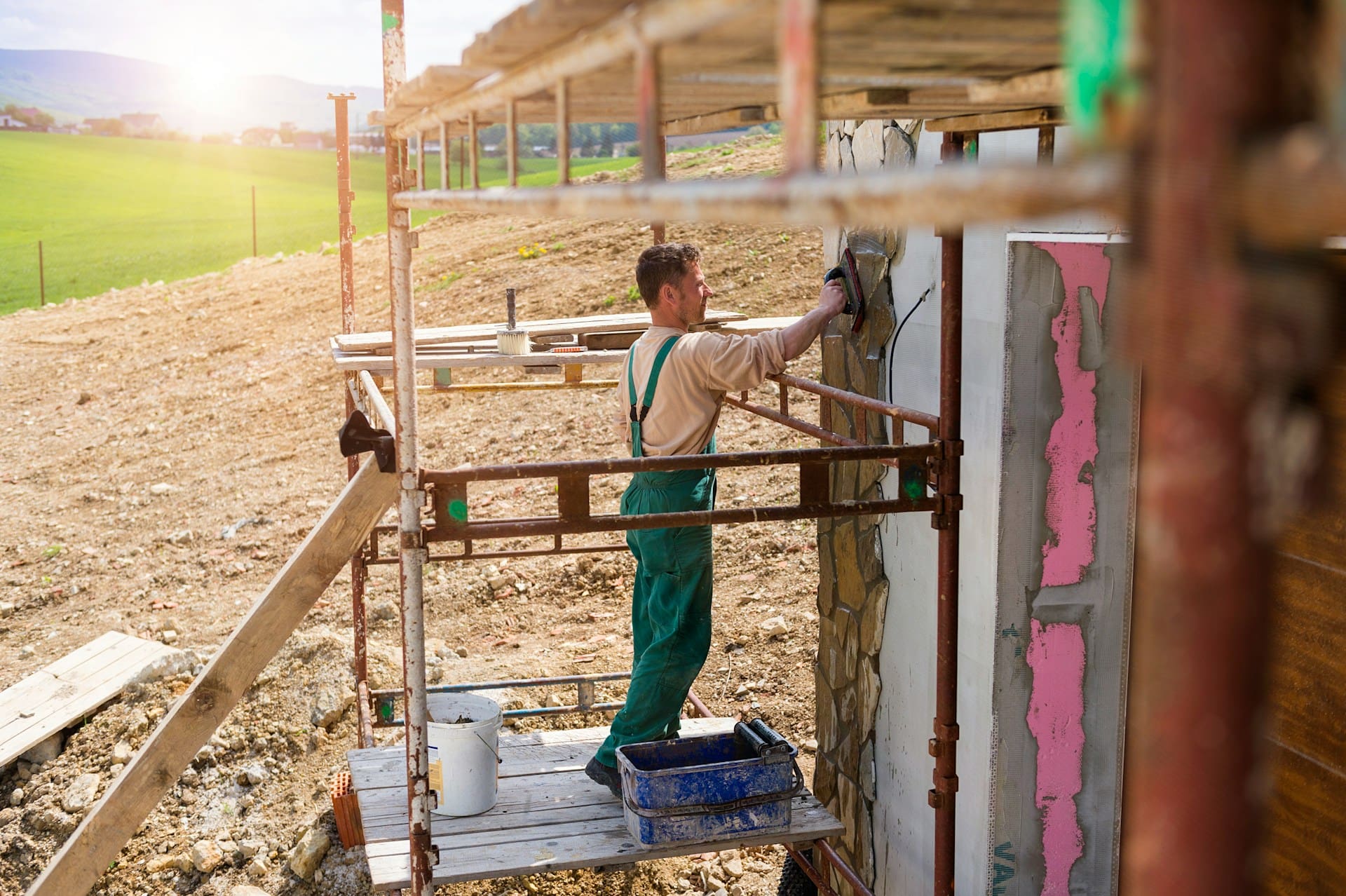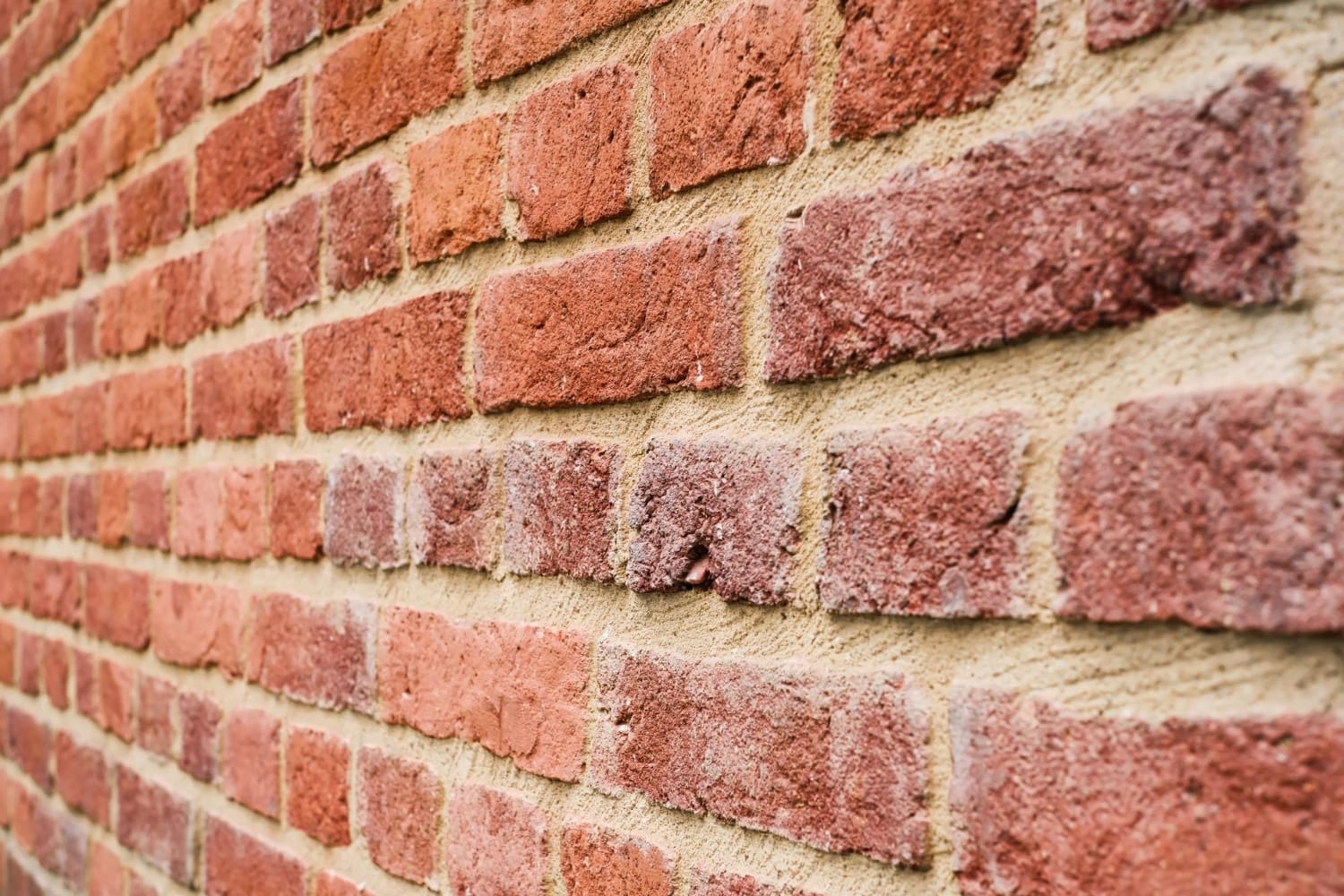How to Prevent and Repair Cracks in Your Foundation

A strong foundation is the cornerstone of a safe and stable home. Over time, however, various factors can cause cracks in your foundation. If left unattended, these cracks can compromise the structural integrity of your home and lead to costly repairs. Understanding how to prevent and repair foundation cracks is essential for maintaining your property and ensuring the safety of your living environment.
Regular maintenance and proactive measures are crucial in keeping your foundation in good condition. In this article, we will explore the causes of foundation cracks, discuss preventative measures, guide you through the repair process, and share long-term maintenance tips to help you maintain a crack-free foundation.
By following these guidelines, you can protect your home from foundation damage and ensure its longevity. Taking the time to care for your foundation will save you both money and headaches in the future, providing a safe and secure home for you and your family.
Causes of Foundation Cracks and How to Identify Them
Several factors can cause foundation cracks, and recognizing them early can help you take timely corrective measures. One common cause is soil movement due to changes in moisture levels. When the soil around your home experiences significant expansion and contraction, it exerts pressure on the foundation, leading to cracks. Water damage from poor drainage or leaks can also weaken the foundation, causing it to crack over time.
Poor construction practices are another culprit. If the initial foundation is not laid correctly or inferior materials are used, the likelihood of cracking increases. Natural disasters like earthquakes and severe weather conditions can also impact the foundation, leading to structural damage. Identifying these cracks early can save you both stress and money in the long run.
To identify foundation cracks, examine your foundation walls’ interior and exterior. Look for visible cracks that may vary in size and direction. Horizontal cracks are often more severe than vertical ones and may indicate more significant structural issues. Also, watch for uneven floors, sticking doors and windows, or gaps between the foundation and walls, as these can be signs of underlying foundation problems.
Preventative Measures to Avoid Foundation Cracks
Taking preventative measures is essential to avoid foundation cracks and ensure the longevity of your home’s structure. Proper drainage around your home is vital. Ensure your gutters and downspouts are clean and direct water far from the foundation. Installing a French drain or a sump pump can effectively manage excess water and prevent soil saturation around your foundation.
Another crucial step is maintaining consistent soil moisture. During dry periods, the soil can shrink and create gaps that lead to foundation settling and cracking. Use a soaker hose to keep the soil evenly moist around the perimeter of your home. Be mindful of trees and large shrubs planted near the foundation, as their roots can cause soil displacement and lead to cracks.
Regular inspections and prompt resolution of small issues can prevent more extensive damage. Filling minor cracks when they appear and monitoring their progression can help you catch problems early. Additionally, reinforcing your foundation with steel or carbon fiber straps can provide extra support and minimize the risk of cracking. Consistent maintenance and proactive measures can save you from costly repairs and keep your home structurally sound.
Step-by-Step Guide to Repairing Foundation Cracks
Repairing foundation cracks can seem challenging, but following a straightforward, step-by-step process makes it manageable. First, clean the cracked area with a wire brush to remove any loose debris, dust, or dirt from the crack. A clean surface ensures that the repair material adheres appropriately.
Next, determine the appropriate repair material. Small cracks less than 1/4 inch wide can be filled with a concrete crack filler or epoxy injection. For wider cracks, you may need to use a hydraulic cement mix that expands as it sets, providing a durable seal. Use a caulking gun to apply epoxy or a trowel to hydraulic cement. Apply the material into the crack, fill it, and smooth the surface with a putty knife.
After filling the crack, allow the repair material to cure according to the manufacturer’s instructions. Most fillers will require at least 24 hours to set completely. Once cured, inspect the area to ensure the crack is fully sealed. You can also apply a waterproof sealant to prevent moisture from penetrating the repaired area. This added layer of protection helps to maintain the integrity of your foundation.
Long-Term Maintenance Tips for a Crack-Free Foundation
Maintaining a crack-free foundation requires ongoing vigilance and care. Start by establishing a regular inspection routine. Check for new cracks or signs of existing ones worsening at least twice a year. Early detection can help you address minor issues before they become significant problems.
Proper water management is essential for long-term foundation health. Ensure your home’s gutters, downspouts, and drainage systems function correctly, directing water away from the foundation. Check for pooling water around your home during rainy seasons and take corrective actions if needed. Installing an adequate drainage system can save you from extensive foundation damage.
Additionally, maintaining consistent soil moisture around your foundation is crucial. Use soaker hoses or drip irrigation in dry periods to moisten the soil. Avoid planting trees or large shrubs too close to your home, as their root systems can disrupt the soil and lead to cracks. If trees are nearby, consider installing root barriers to protect your foundation.
Conclusion
Preventing and repairing foundation cracks is vital for preserving your home’s structural integrity. You can maintain a stable and secure foundation by understanding the causes of foundation cracks, taking preventative measures, and following a detailed repair process. Regular maintenance and proactive inspections ensure your foundation remains crack-free for years.
If you’re looking for expert help with brick foundation repairs, contact Detroit Brick Co. Our experienced team is dedicated to providing high-quality masonry repair and restoration services to keep your home safe and sound. Contact Detroit Brick Co. today to schedule a consultation and protect your home’s foundation from future damage.





